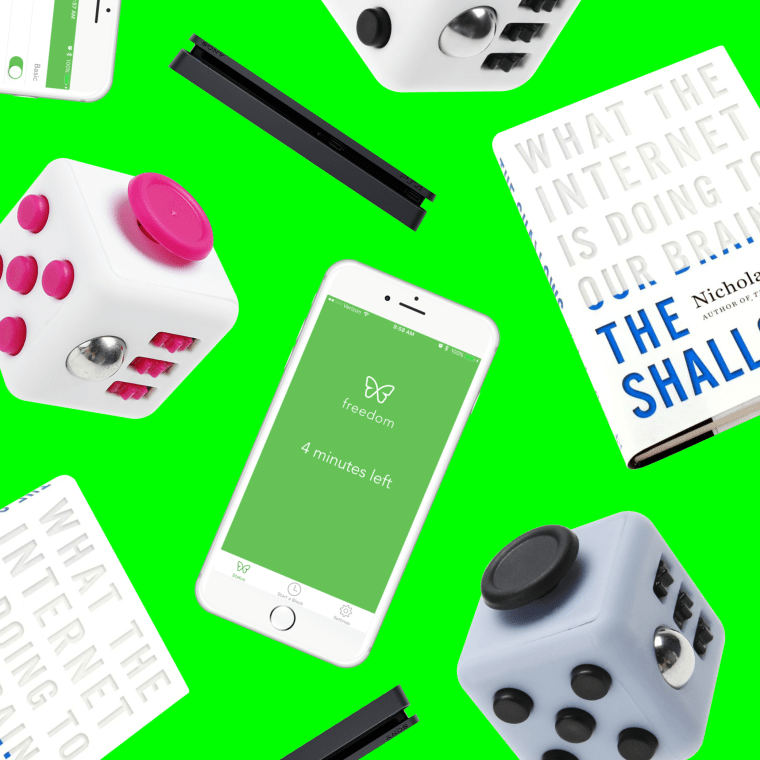
A warning: cutting down on your time online will be extremely difficult, but it is possible. Fighting off the cycle of digital distractions is still an ongoing process for me — it’s my job to be online at least 8 hours a day — but after years of false starts, my goal of cutting down on internet usage was launched properly when I learned of the concept of neuroplasticity, or how the very structure of our brains change with each new habit or routine. For a long time I believed that adults aren’t capable of learning new things, that the habits we learn when we’re young stay forever. But science says that’s just not true. Yes, that means that being on the internet all day has altered not just how we learn, but the organ that does the learning. But here’s the critical point: it’s possible, with hard work, to literally rewire our brains.
The second thing that pushed me to airplane mode is the realization that the internet is designed to keep us addicted. That’s the only way companies like Facebook, Twitter, and Instagram can turn a profit. A recent report in The Guardian interviewed programmers behind some of the tricks social media platforms use to keep us hooked including Justin Rosenstein, creator of Facebook’s “Like” function, and Loren Brichter, designer behind the “pull down to refresh” function that’s become second nature when using smartphones. Both men expressed concern and even regret for their legacies, which keep people attached to social media. “All of our minds can be hijacked,” said Tristan Harris, former Google employee and current tech industry critic. “Our choices are not as free as we think they are.”
Here are some potential paths to more "free" time.
The Shallows: What the Internet Is Doing to Our Brains by Nicholas G. Carr

The book you should relearn how to read with.
Having goals for how you want to spend your internet-less time is important, but I’d wager that achieving them is far more difficult without an education on what spending time online does to your brain. This book was nominated for the Pulitzer Prize in Non-Fiction in 2011, and introduced me to neuroplasticity. It’s an intriguing and meticulously researched expansion of Carr’s 2008 Atlantic cover story. Perhaps most importantly, it’s highly readable, which is important if your brain has trouble focussing on anything that’s longer than a tweet.
Fidget Cube by Antsy Labs

A screenless thing for you to hold.
Nothing legal and nonsexual will replace the sweet, sweet endorphin brain bath you receive the moment you take your phone out of your pocket, to be greeted by a friend texting you “lol.” The Fidget Cube might be the Buffalo tofu dipper to your iPhone’s Wingstop, but it’ll get your attention, and that’s a start.
Freedom

Hack your habits.
Freedom is one of many apps that allow the user to allocate themselves a fixed amount of time on certain websites every day — once it expires you’re blocked out. However, Freedom also allows you to block certain apps on your phone as well as your computer.
Playstation 4 Slim 1TB

Live your life.
Now, just get a hobby to replace all the time you spent fruitlessly staring at a screen. This is mine.